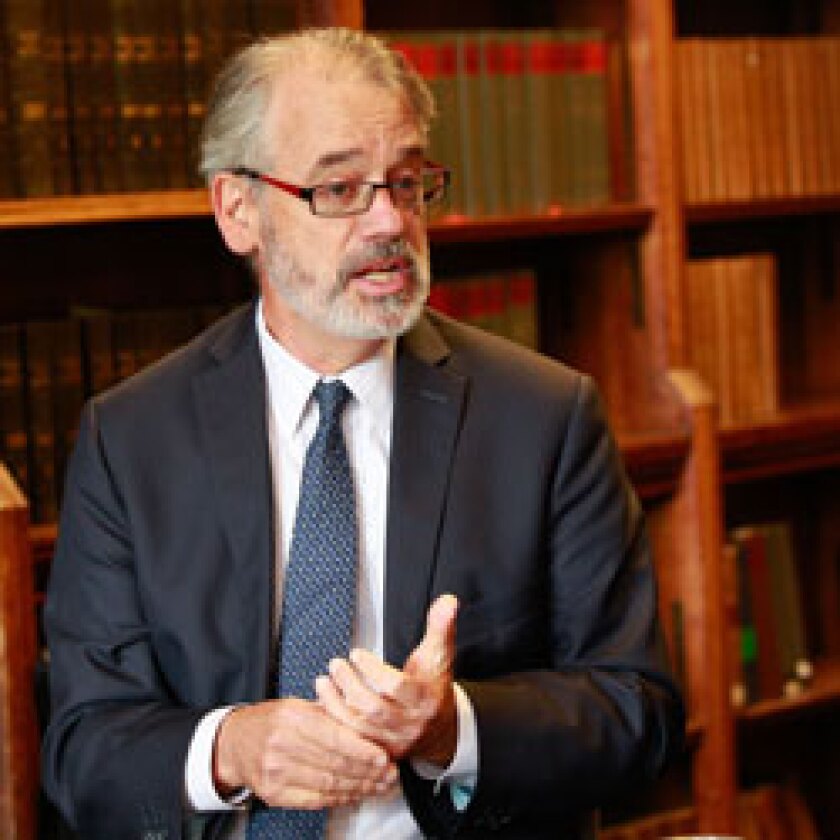The world needs $53tr of investment in green projects by 2030 to stave off catastrophic climate change but in this low rates environment there are vast amounts of capital and plenty of higher yielding alternatives that can be paired up and put to good use, according to Sean Kidney, CEO of the Climate Bonds Initiative. However, key players such as governments and development banks need to push harder so that the green capital markets grow faster.
Climate change is not a future problem, but one which has already caused increases in global temperatures, led to the disappearance of five Pacific islands, and widespread droughts in southeast Asia. All have had very real impacts on the global economy. But investment in green projects has lagged badly.
The mismatch between enormous investment opportunities, and the lack of engagement by the global investment community is a worrying trend, but one that can be addressed, argued Kidney.
“The scale of the challenge is enormous, and the way we are going, the future is very bleak,” he said. “However, the bulk of what we have to do in infrastructure is investable. We’re in a world awash with capital looking for yield. It’s lunacy that people will pay Germany to hold their funds when projects in India, China and Turkey are paying far more.”
Some 85% of the financing need is going to have to come from private investments, not governments, according to Sherard Cowper-Coles, head of government affairs at HSBC.
However, pick-up from the private sector has been slim with green bonds, for example, accounting for only $60bn year to date in a $1tr global bond market.
“Green bonds are an easy proposition,” said Kidney. “But the scale-up that is happening in that market isn’t happening fast enough. We need clear guidance and benchmark issuance from development banks and governments.”
Investors argue that arduous documentation, opaque uses of proceeds, inconsistent reporting and a general lack of standardisation makes green financing less palatable, and more difficult to sell on to end users.
While Kidney acknowledged that industry standardisation and greater transparency must be addressed, he argued that this would not be enough. Investors, he said, must be overwhelmed with green assets and that the onus needed to be changed to promote green over ‘black’ investments while simultaneously bringing down the cost of green funding.
“We need to reduce the cost of capital selectively for green,” he said. “This is a job for development banks.”
HSBC’s Cowper-Coles agreed that development banks have a bigger role to play. “MDBs have a huge role to play in helping us working with emerging markets,” he said. “If income is generated in local currency, the FX risk looking forward 20 years is huge. No sane investor would take that risk without some sort of financial engineering.”
He also called for greater collaboration between the global development banks, adding that they must work together in a “co-operative rather than a competitive way”.
